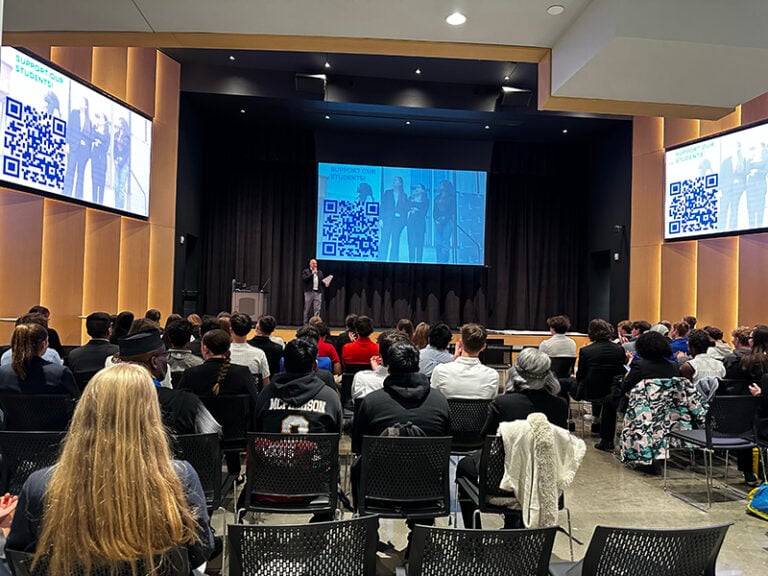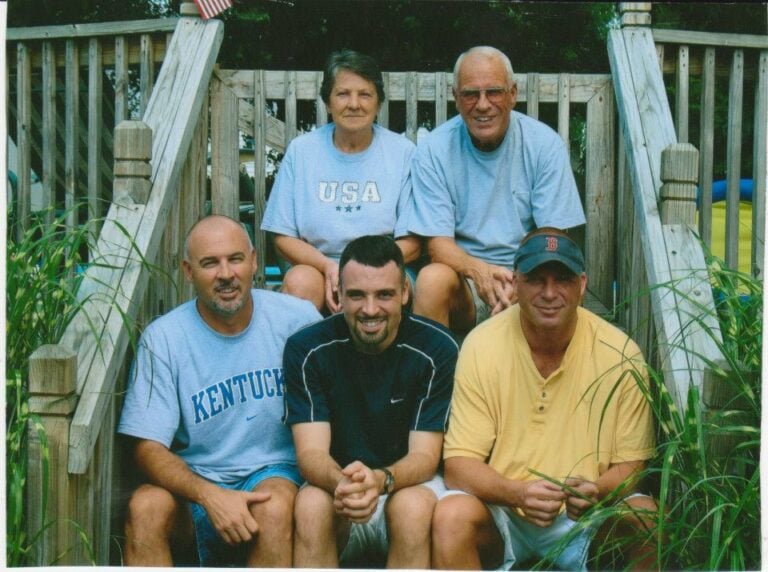In the wrong hands, words are deadly weapons.
In 1948, when “New Yorker” magazine published Shirley Jackson’s now-classic story, “The Lottery,” scores of readers cancelled their subscriptions. Irate letters to the editors and phone calls raised a tumult. Even Ms. Jackson’s parents added their own note of discord.
“Dad and I did not care at all for your story,” her mother wrote. “It does seem, dear, that this gloomy kind of story is what all you young people think about these days. Why don’t you write something to cheer people up?”
Despite the negative responses, Jackson’s fiction — in which the residents of an unidentified American village participate in an annual rite of stoning to death a person chosen by drawing lots — quickly achieved world-class status. Now frequently anthologized, “The Lottery” has also been adapted for stage, television, opera, and ballet, and was even featured in an episode of “The Simpsons.”
Last week, “The Lottery” came to mind as I viewed a display in Murray State University’s Student Center honoring the annual Transgender Day of Remembrance. As I looked at an array of various pamphlets, I overheard a conversation between the MSU student manning the booth and a teacher who was visiting campus with middle school students. The teacher was following-up on a behavior issue. Three of her students, when walking past the display, called the MSU student a “faggot,” and then passed by a few more times, snickering and making other derogatory comments.
The MSU student, Xavier Taylor, has asked to preserve anonymity by using an assumed name for this article, but here’s the rest of the story.
When the incident was reported, the middle school teacher stopped by to find out if Xavier could identify the culprits. With that information verified, the teacher said the three could be suspended from school for up to two weeks and that their principal would be back in touch.
Such situations, sadly, are nothing new to Xavier, who said that bullying has been a factor during much of his life. “Fag, queer and homo” are some of the common appellations, he told me.
“Raising awareness about this kind of language, and teaching kids at a young age that this is not appropriate, is extremely important,” Xavier said.
Xavier has never really gotten used to vicious name-calling, but over time he has become philosophical about hate language. “Once a person reaches a certain age in their thinking,” he explained, “it is extremely difficult to change their views. However, being called a faggot by three middle school children, especially on a university campus, threw me back a little.”
Ironically, the display Xavier was supervising showcased, among other LGBT issues, Transgender Day of Remembrance. The day, observed November 20, is intended to pay tribute to the memory of individuals who were murdered because of anti-transgender prejudice. “The handout MSU Alliance was giving out only had twenty-four names of people who have been brutally murdered this year,” Xavier said. “But the list of deaths goes on and on.”
“I’m lucky in the way that my family is supportive of me and my transition in being my authentic self,” he added. “It’s not always the case for some transgender people.”
With educational efforts like those sponsored by MSU’s LGBT Programming, awareness is raised so people of all ages can begin to understand that using words as weapons is hateful, and can have tragic consequences. One hopes that timely intervention provides “teachable moments,” so that incidents like last week’s verbal attack will become a thing of the past.
Shirley Jackson’s story, “The Lottery,” is available online.
Constance Alexander is a faculty scholar in the Teacher Quality Institute at Murray State University. She is a freelance writer who writes a regular column for her local newspaper and for KyForward and the NKyTribune. She lives in Murray. Contact the her directly at constancealexander@twc.com.



















